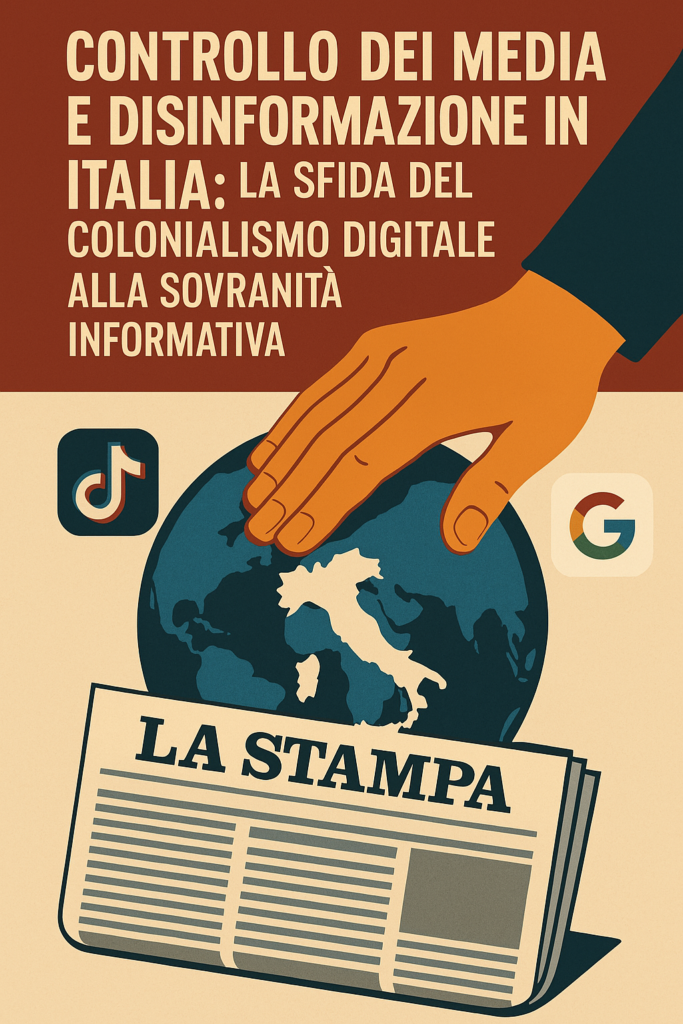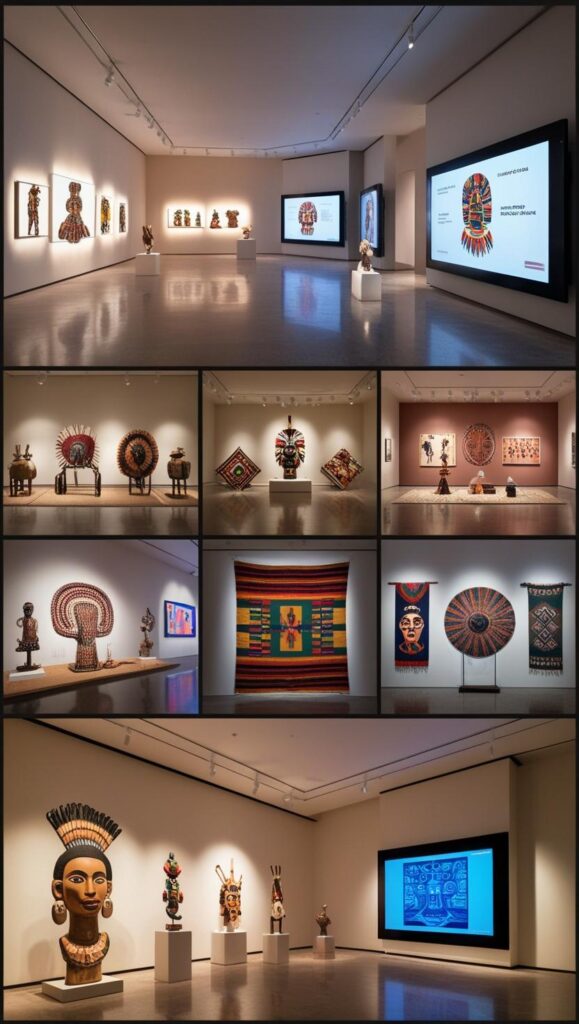Techno-Feudalism and the Fiefdom of Digital Art
In proposing that capitalism has died and been replaced by a techno-feudal regime, Yanis Varoufakis explains in Technofeudalism: What Killed Capitalism how the logic of competitive markets and profits has been replaced by the extraction of rents for access to private digital platforms. According to the author, what killed capitalism was capital itself in its […]
Techno-Feudalism and the Fiefdom of Digital Art Read More »










